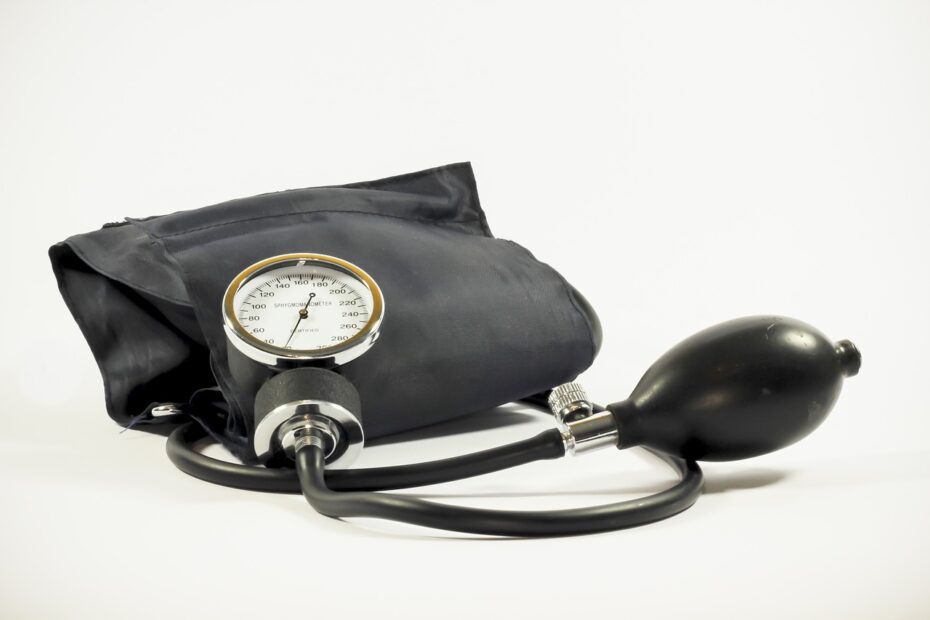Blood that is thicker than normal may be caused by molecules that drive the heart to generate a certain pressure in the blood vessels, so that cellular debris after exercise can sneak through the blood vessels. It could be said that the more diluted and more soluble in the blood plasma the waste and food are, the fewer the molecules in the blood that facilitate high-pressure beats would be.
Poor digestion of food in cells could be caused by poor gene synchronization, which does not dilute enough. Often as we age, small sequences of asymptomatic viruses are lost in mitosis, such as a virus from the fungal family, which enriches cells with genes that promote the dissolution of food.
This effect in the atmosphere in summer can create a more dilute and minute haze and can be a symptom of good blood pressure that also greatly favors muscle recovery, but it could generate heat that is unfavorable to viruses of the fungal family.
Poor muscle recovery or recovery that lasts a long time, due to mineral remains in cells, may be due to the vessels needing to dilate a lot and requiring a lot of blood pressure.
For example, when we go out on a bicycle to play sports, the first partials may come out with good performance and low heart rate, but over time it may happen that the same performance causes up to ten more beats per minute and a very thick physical sensation. or with poor brain clarity and a feeling of falling asleep due to thick blood and proteins to raise blood pressure with ten more beats per minute.
In a heart attack it can happen that substances or some drugs, if abused, can dissolve these proteins of the heart impulses in the blood, causing the acceleration or the process of dissolution of these proteins and in turn causing a sudden acceleration of the heart muscle. At many pulses and some cells, due to the action of genes and a higher proportion of oxygen in a short time, inflate so much that it can cause a stroke, for example, by killing the cell due to excessive inflation or swelling, which is why it is important that these Proteins are stable and have a long-term effect so that the heart rate is optimal.
These heart proteins that I talk about in this article are the proteins that red blood cells contain and their constitution can be due to physical properties or physical performance and properties of the diet and an arrhythmia does not indicate danger, but rather that the danger is in The red blood cell releases oxygen suddenly or very quickly, but that depends on the proteins in the red blood cell.
Red blood cells feed on proteins or react with proteins in the blood plasma and depending on the cycle of activity and could feed on or react with proteins or other proteins, for example. If we have a cycle where we always sleep and get up at the same time, it could lead to better physical performance in the morning and in the afternoon the red blood cells feed on proteins or react with proteins in the blood plasma that retain more oxygen and thicken the blood. blood, to sleep better. Changing this sleeping habit, sleeping later or going to bed later, can have consequences on the way red blood cells feed.
Another thing to keep in mind, they are also melanocytes and their excess activity can cause proteins that provide cardiac stability to dissolve, causing cardiac discomfort due to diluting the blood plasma too much and to solve this it is necessary that they synchronize well with these heart proteins. and the activity of melanocytes decreases, when the blood is very diluted and this effect could cause atmospheric cooling.


